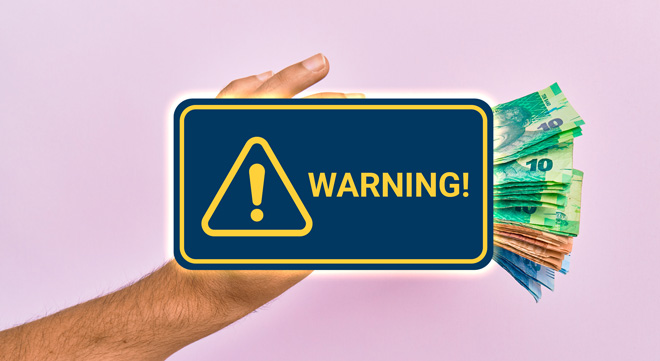With the FSCA investigation into United African Stokvel (UAS) under way, the National Stokvel Association of South Africa (Nasasa) has again reminded prospective investors to be on the alert for warning signs.
Nasasa is a self-regulatory organisation mandated to represent the interests of the stokvel sector. Any stokvel that holds contributions from members of more than R100 000 must be registered with it.
Theft of stokvel funds or fraud involving a stokvel is a crime that may be reported to the South African Police Service for investigation. Members of the stokvel may also choose to report the issue to Nasasa, which may assist in resolving the issue.
Stating that UAS was not a member of the organisation, Andrew Lukhele, the chairman of Nasasa, last week told Moonstone there was nothing more it could do “given that the Financial Sector Conduct Authority has taken over their legal role on the matter, and a possible prosecution is a possibility”.
“We continue to warn stokvel members to be on the look-out for the so-called stokvels whose members do not know each other, only to disappear anytime without announcing the intention to do so,” Lukhele said.
Established on 1 March 2019, UAS describes itself as “the digital savings stokvel for everyone”.
Last month, the FSCA issued a warning, advising the public to be cautious when conducting any financial services-related business with UAS. The Authority said it suspected that UAS was conducting unauthorised business and breaching certain financial sector laws.
The investigation was initiated after the FSCA received a whistle-blower’s report and complaints from clients saying they had not received their promised returns. In some cases, these “promised returns” were up to double the member’s original investment.
Read: Anger, despair, and hope – stokvel members respond to email urging patience
According to UAS’s social media pages, the digital stokvel invested clients’ funds in property and telecommunications. It claimed the returns from these investments were used to pay client returns, the FSCA said.
A document titled “Stokvels and the National Credit Regulator”, compiled by law firm Cliffe Dekker Hofmeyr (CDH), states stokvels may invest their pooled funds in a variety of financial products, with the potential to earn better returns.
“Stokvels are an access mechanism to financial products that may provide greater returns, for example, some financial products require minimum investment amounts that would offer better returns,” says Michael Bailey, an associate in CDH’s finance and banking practice.
But, he adds, in circumstances where the investment “scheme” promotes returns that are way above market standard, and “too good to be true”, this should be a warning for any potential person who may be interested in investing their money.
“Broad investments such as ‘property and telecommunications’, where no clear indication of where and how the money is invested, is a clear warning sign that there is no economic activity that is producing returns,” Bailey says.
Read the signs
In 2021, the National Consumer Tribunal fined the founders of Up Money R1 million, while the Asset Forfeiture Unit of the National Prosecuting Authority proceeded to obtain a preservation order of assets valued at up to R18m.
Bailey says Up Money is indicative of the various warning signs of what will not constitute a stokvel:
- recruitment was done via social media, reaching a large number of people who had no common relationship;
- the new members were required to recruit additional members; and
- recruitment by the member, and the recruitment by those whom the member recruited, resulted in the members who successfully recruited members moving to a higher level in the scheme that promised greater returns as such members moved to higher levels.
He says although stokvels allow members to invite potential new members, this is not a requirement for membership.
“Stokvels do not offer greater returns for one member over another member based on the number of additional members recruited, but rather based on pro-rata contributions.”
Checks and balances
Stokvels are provided various exemptions in terms of the Banks Act, Financial Advisory and Intermediary Services Act, and National Credit Act that allow a large number of individuals to invest money with stokvels.
Bailey says to avoid the risks of misuse, ensuring a properly constituted stokvel with a constitution with appropriate checks and balances in place will assist in mitigating these risks.
“Provision must also be made for a clear demarcation of where the money is held or invested, how much will be paid out and when it will be paid out,” he says.
To prevent a stokvel from investing without members’ approval, Bailey says such decision matters should be contained in the stokvel’s constitution, with a clear delineation of the required consent to invest, who will be responsible, and what will and will not be invested in.
“Naturally, there is always a risk of misuse of stokvels. We would encourage the members of stokvels to be known to each other within a community, such as family, friends and co-workers, which provides the necessary level of trust,” he says.




I made an investment with united african stokvel last year but to my suprise all there consultants phones are off and I’m expecting payment next week
Have u received your payment ?